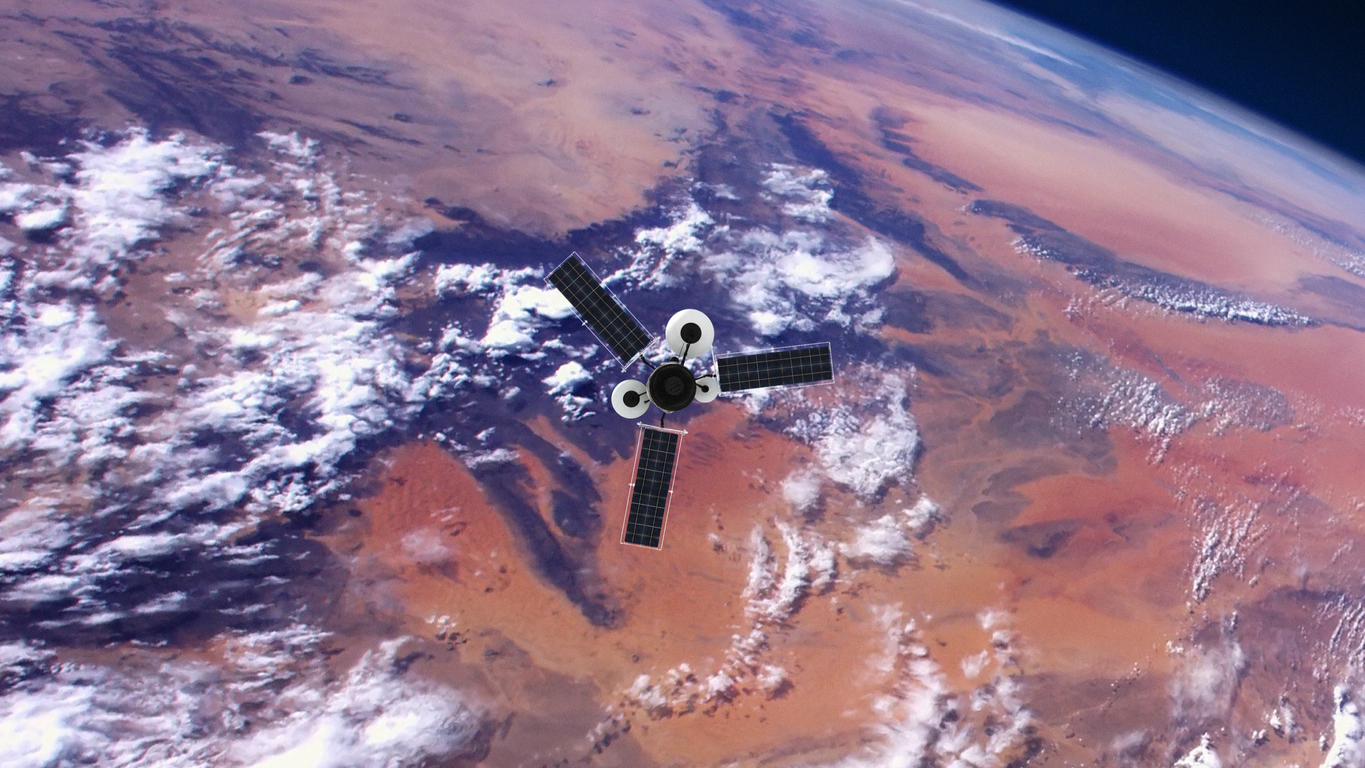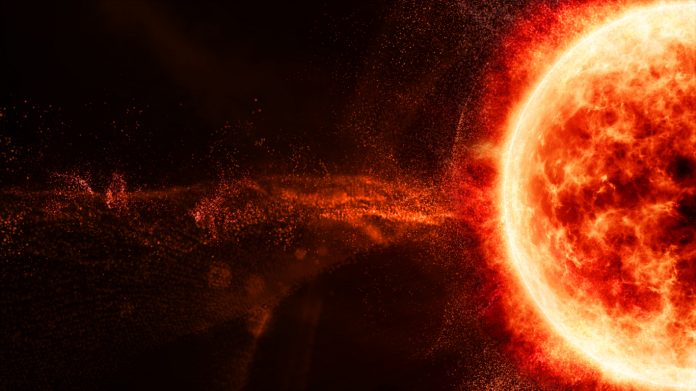Space weather experts agree that without accurate forecasting, the Earth is at risk of serious infrastructure damage from the next geomagnetic storm
Surveying 144 scientists on the dangers of geomagnetic storms has revealed that nine in ten agree that without accurate space forecasting, the planet is putting itself at further risk.
The world is unprepared for the next big storm from outer space, an overwhelming majority of scientists agree. Of the scientists surveyed, just over half stated that current forecasting capabilities were not good enough to prevent space weather from wreaking havoc back home.
Satellite damage and widespread communication loss
Researchers from both the University of Reading and Apollo Academic Surveys, revealed that 90% of respondents think a major space storm will cause damage to satellites and lead to widespread communication issues.
Along with this, four in five scientists expressed concern over the likelihood of power outages as a result of a large disturbance from space.
What are geomagnetic storms?
Occurring when particles and a magnetic field from the sun—solar winds—come into contact with the Earth’s own magnetic field, geomagnetic storms are responsible for creating the intense Northern Lights. Although capable of great wonders, they can also damage technologies both on the ground and in space—such as power grids and satellites.
“Developments in space weather forecasting would enable people to plan better and avoid the most serious impacts of solar storms.”
Dr. Luke Barnard, a University of Reading space weather expert who co-created the survey, said, “Space storms could seriously impact our technology-based way of life. Electricity blackouts could last from a matter of hours up to a number of days. Getting around in cars and planes would be very difficult if GPS struggles due to faulty satellites and some radio communications fail.
“The overwhelming majority of space weather experts think we are not adequately prepared to avoid the impacts of the worst solar storms. Scientists generally agree that we need to get more observations of the sun and space to help understand and forecast space weather and to improve the computer models we use to forecast it.”
“Developments in space weather forecasting would enable people to plan better and avoid the most serious impacts of solar storms.”

How worried are experts about our susceptibility to geomagnetic storms and other space weather?
The experts surveyed were asked a range of questions about the risks posed by geomagnetic storms.
- 51% believe that the magnitude of future geomagnetic storms could surpass even the largest storms recorded in the past two centuries, including the historic 1859 Carrington Event.
- Opinions on when the unplanned regional power outages caused by space weather might occur next varied, but experts thought there was a 33% chance unplanned regional power outages would occur within the next 10 years.
- Approximately 40% of participants expressed doubts about the current accuracy of space weather forecasts.
How to improve space weather forecasting?
With a potential $1 billion, researchers put forwards potential solutions and improvements needed for current forecasting techniques.
According to the team, a significant number of experts proposed the deployment of small constellation satellites near the sun.
These satellites would provide direct measurements of the solar wind before its arrival at Earth, enabling more accurate predictions and proactive actions.
Others said funding should be invested in ground-based telescopes for 24-hour space weather monitoring and the creation of more research and data analysis jobs and projects.











